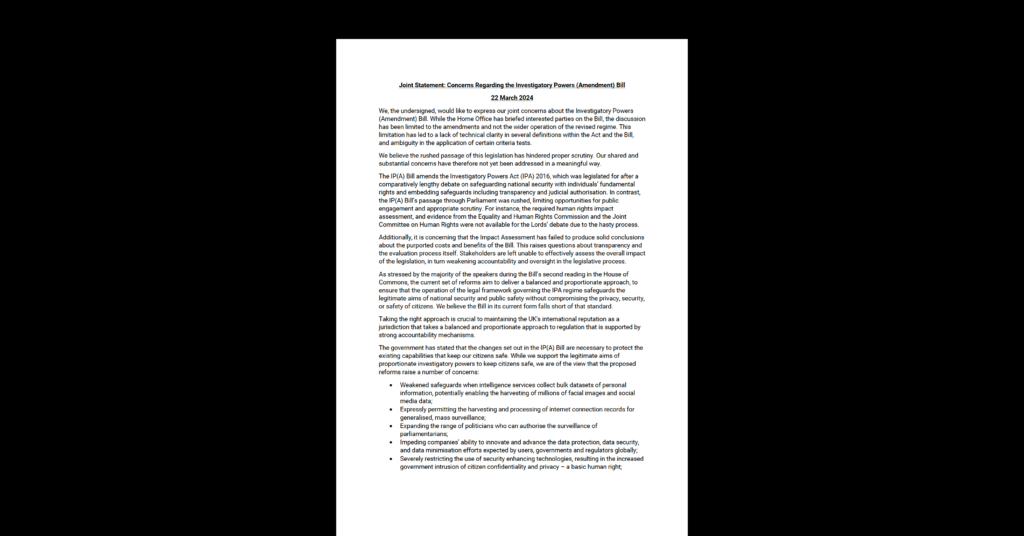EU Squanders Opportunity to Modernise Copyright Rules
Today, the European Commission released its much-anticipated legislation for copyright reforms in the EU as part of the Digital Single Market strategy. As previously leaked drafts suggested, the proposals contain major flaws and represent a significant step backwards. The Center for Democracy and Technology (CDT) has advocated for a progressive, innovation-friendly, and flexible copyright regime in the EU. This is not what the Commission is proposing today.
“These proposals are exceptionally ill-advised, backward-looking and counterproductive. Contrary to their intentions, if these reforms are adopted, it will be even harder for European innovators to succeed,” said Jens Henrik-Jeppesen, CDT’s Director of European Affairs.
Specifically, the proposed legislation includes an ancillary right for publishers, enabling them to charge licensing fees for links to their content. This misguided attempt to help newspaper publishers access new funding streams has been tried and failed both in Germany and Spain.
It also includes a provision that forces internet intermediaries to use content identification technology to prevent users from uploading unlicensed copyrighted content. This is a dramatic erosion of the liability protections in the E-Commerce Directive. It is likely to create new legal uncertainty, as well as risks and costs for a broad range of intermediaries large and small. Today’s leading platforms can shoulder the burden, but new fledgling services likely cannot.
Other elements in the legislation are more positive, such as a limited move towards enabling text and data mining for non-commercial research, and helping cultural heritage institutions access and use content.
European Commission President Jean-Claude Juncker made comprehensive, ambitious reform of Europe’s fragmented and outdated copyright framework a focal point of his Digital Single Market strategy. This was laudable, and CDT has supported a copyright regime with EU-wide harmonization of exceptions and limitations to exclusive rights. This would help ensure remuneration for creators, enable citizens to engage with content, and give European digital entrepreneurs legal certainty to innovate and create new, web-based digital content offerings.
“The Commission’s proposals are likely to hinder, not help create, the Digital Single Market Europe needs,” Jeppesen concluded.

